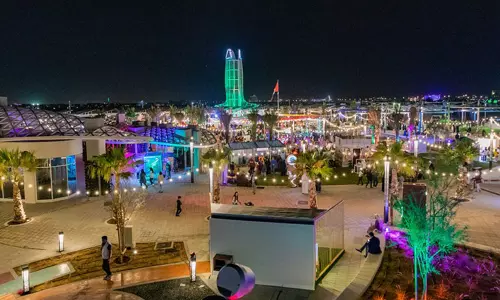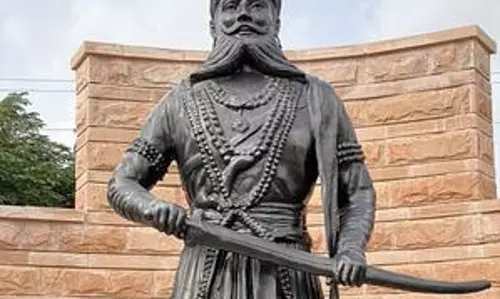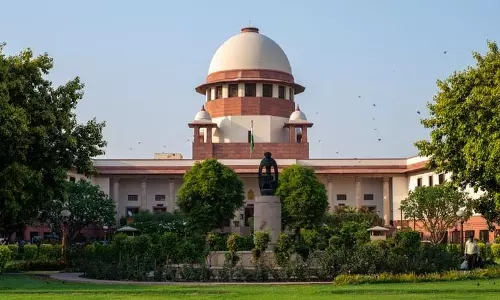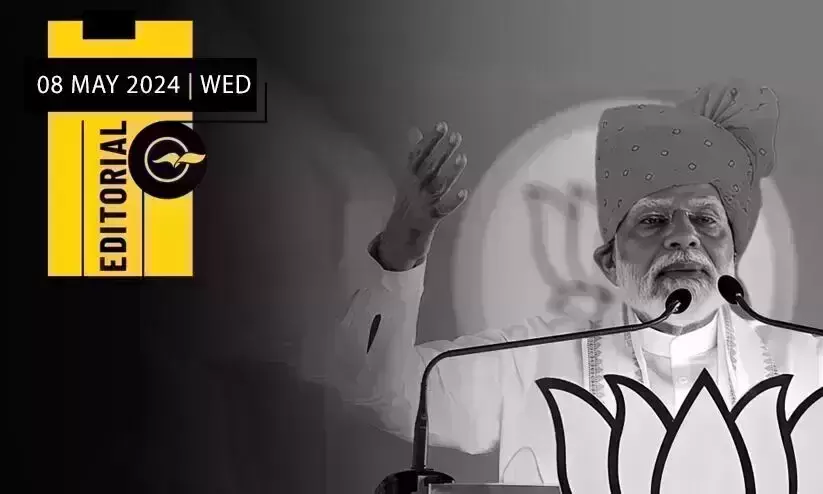
Peace still eluding Sri Lanka
text_fieldsThe communal violence spreading in Sri Lanka are further dimming the prospects of peace by healing the wounds left by the tragic suicide terrorist attacks on Easter day. The country is witnessing the spread of communal riots on the scale of the anti-Muslim communalism duirng March 2018sprearheaded by Buddhist extremists.
Despite the imposition of country-wide curfew, Simhalese Buddhist assailants killed a Muslim youth in northwestern province. Muslim mosques, houses and commercial establishments are being set on fire far and wide. The United Nations has expressed its concern about the spread of riots and asked the Sri Lankan government to take stern action. Initial assessments tell us that violent groups are using the Muslim-phobia and hatred generated with the Easter day terrorist attack as fuel for riots. Amnesty International has explained that the new riots are not born from nowhere, and the same groups who had led the riots in 2018 are behind the latest violence too. Amnesty has also released the evidence that the man who was arrested in Digana for having led the March 2018 riots, Amith Weerasinge, is the main accused this time too.
The trigger of the riots was the attacks against Muslim shops, by certain Christian groups, who were provoked by the fake propaganda in Facebook by a shop-keeper in the town of Chilou in north-western province. The violence that spread to Putalam district, was later taken up by extreme Buddhist groups, and carried to other areas too. With the revelation that social media was extensively used for the spread of hatred and calls for violence, the government slapped a ban on all social media. With thi, s the extent of riots was stopped from coming to the knowledge of the outside world. Police chief Chandana Vikramaratne is saying that severe action will be taken against attackers, and imprisonment of at leat ten years will be ensured for them. But there is a criticism that it is the police inaction and indirect support to the assailants that has been causing the spread of violence. And when rioters were arrested, it was the local MP Dayasiri Jayasekara who demanded that the arrested be released on bail. The nepotism of politicians of the riot-affected regions and their political interests are reinforcing the notion that Buddhist extremism is above law and its leadership is made up of those with political clout.
The attack on churches is an unpardonable act of terrorism. But it targeting of Muslim mosques is not treated as a similar act of extremism, the racial divide that has happened in Sri Lanka will remain an unsolvable crisis, and Lanka will become an island of turmoil flowing with blood, once again after ten years.
One has to look for the internal political reasons too behind the extremist communal violence that has been spreading in Sri Lanka in recent times. If the disclosures made by Sri Lankan minister Rajitha Senaratne the other day at a press conference are factually correct, what Sri Lanka faces now is a destructive offshoot of the unholy nexus between terrorism and the government. Both the Muslim extremist body National Towhid Jama'at and the radical Buddhist group Bodu Bala Sena, were funded, and their activities controlled by intelligence agencices in Sri Lanka. He also alleges that the godfather of Islamic extremism in Sri Lanka was the then defence secretary Gotabaya Rajpaksa. Rajitha Sinaratne who relates the details of the use of radical outfits of both religious communities by Rajpaksa government, is of the opinion that the recent presidential overthrow, terrorist attacks and racial riots were all politically motivated.
The communal polarisation and the racial divide gaining strength in Sri Lanka are certain to vitiate the peaceful atmosphere of Asia-Pacific region. It has to be recalled that the extension of racial extermination of Rohingya to Sri Lanka took roots at a rapid pace. And their impact is getting reflected in Indonesia, Malaysia and India. Thus, Sri Lanka gives a lesson that the extremism growing in the region can be wiped out only by challenging them religiously and politically and through objective re-assessments. How sad that it is three religious streams that preach peace which are becoming tools of extremism and power-mongering!























